How Long Are Solar Panels Good For?
Solar panels have become an increasingly popular choice for renewable energy solutions, offering a sustainable way to generate electricity and reduce carbon footprints. However, one of the most common questions potential buyers have is: "How long are solar panels good for?" Understanding the lifespan and durability of solar panels is crucial for making an informed investment. In this article, we will delve into the factors that influence the longevity of solar panels, the typical lifespan you can expect, and how to maximize their efficiency over time.
Understanding Solar Panel Lifespan
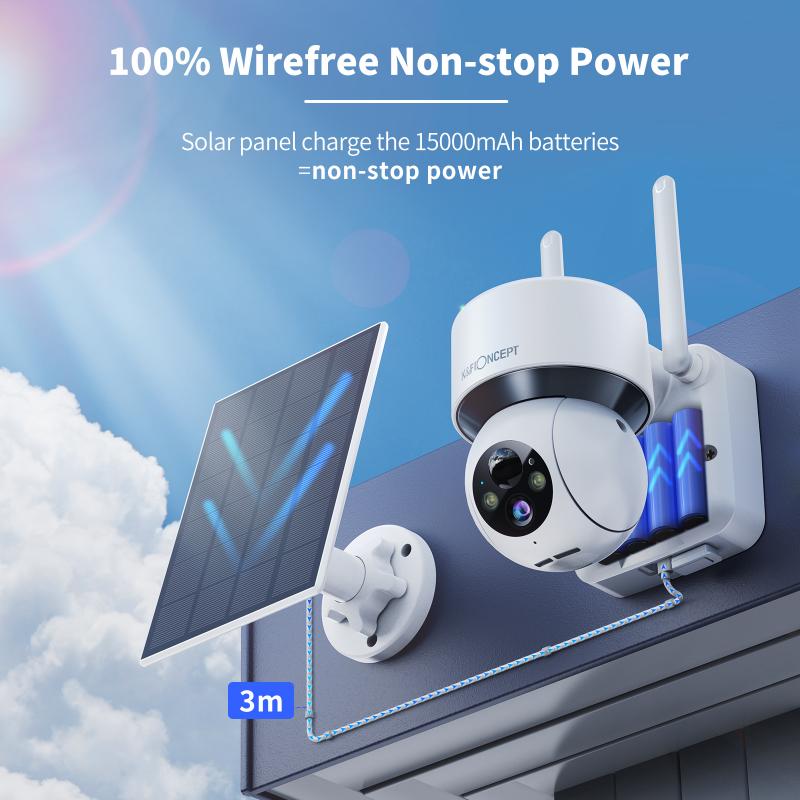
Typical Lifespan
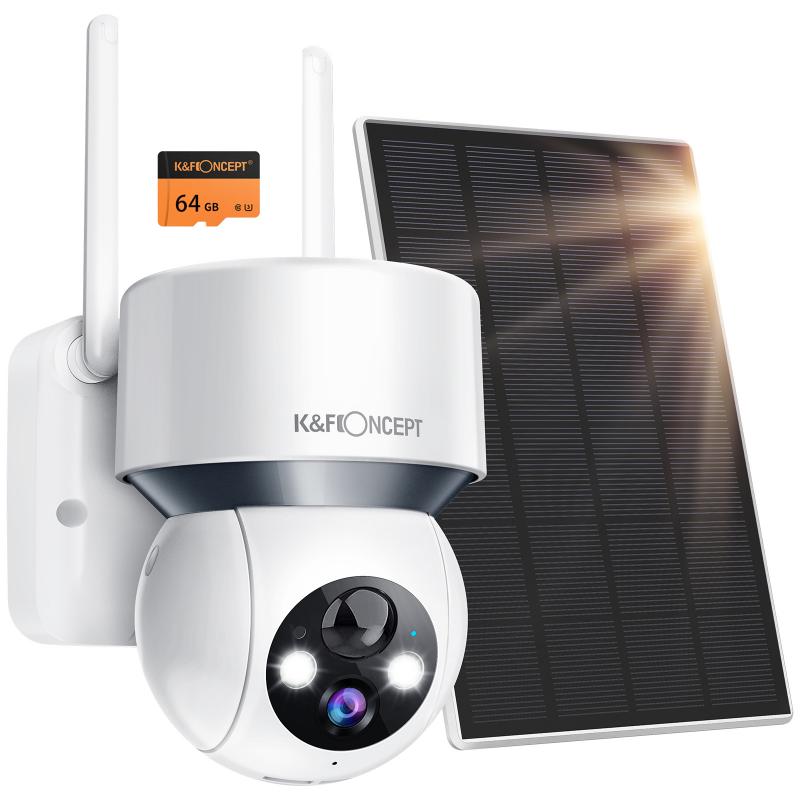
Most solar panels come with a warranty that guarantees their performance for 25 to 30 years. This warranty usually covers the panels' ability to produce a certain percentage of their rated power output. For instance, a common warranty might guarantee that the panels will produce at least 80% of their original output after 25 years. However, this does not mean that the panels will stop working after this period. Many solar panels continue to produce electricity well beyond their warranty period, albeit at a reduced efficiency.
Degradation Rate
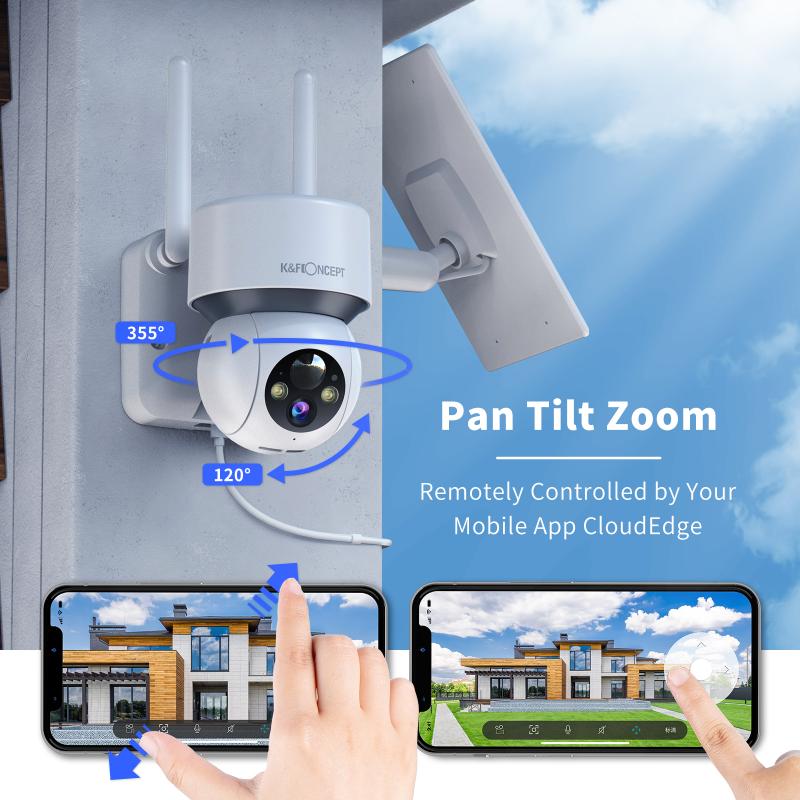
The efficiency of solar panels decreases over time due to a phenomenon known as degradation. The average degradation rate for high-quality solar panels is about 0.5% to 1% per year. This means that after 25 years, you can expect your solar panels to operate at approximately 75% to 87.5% of their original efficiency. Lower-quality panels may have higher degradation rates, so it's essential to consider this factor when making a purchase.
Factors Affecting Solar Panel Longevity
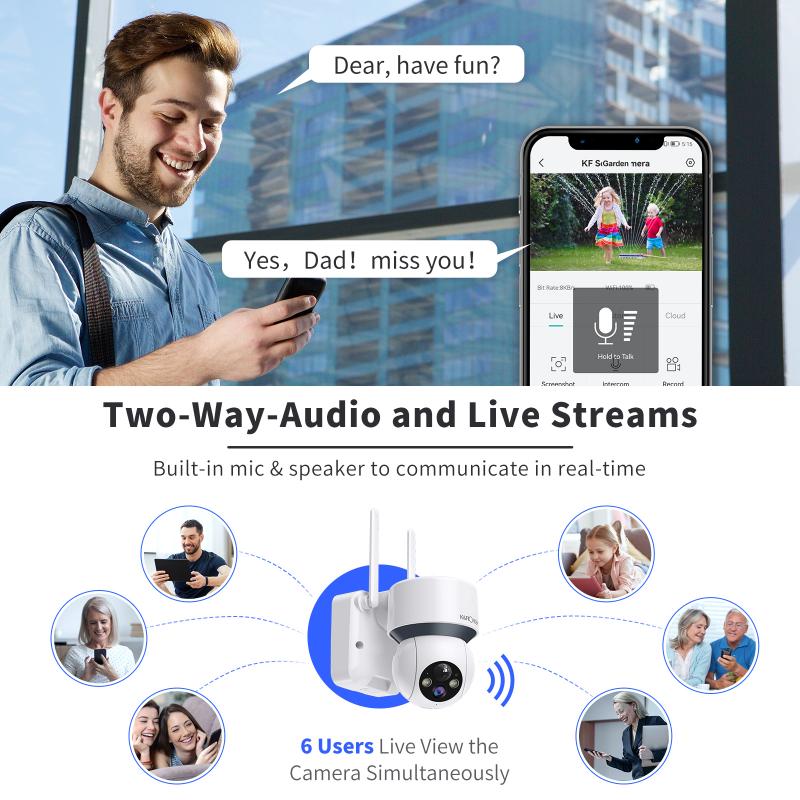
Quality of Materials
The quality of the materials used in manufacturing solar panels plays a significant role in their longevity. High-quality panels made from durable materials are more likely to withstand environmental stressors and maintain their efficiency over time. When choosing solar panels, it's advisable to opt for reputable brands known for their quality and reliability.
Installation
Proper installation is crucial for the longevity of solar panels. Poor installation can lead to issues such as water leakage, electrical faults, and physical damage, all of which can shorten the lifespan of the panels. It's essential to hire experienced and certified installers to ensure that your solar panels are set up correctly.
Environmental Factors
The environment in which the solar panels are installed also affects their lifespan. Panels installed in areas with extreme weather conditions, such as heavy snowfall, high winds, or intense heat, may experience more wear and tear. Regular maintenance and protective measures, such as installing wind deflectors or snow guards, can help mitigate these effects.
Maintenance
Regular maintenance is key to ensuring the longevity of solar panels. This includes cleaning the panels to remove dirt and debris, checking for any physical damage, and ensuring that all electrical connections are secure. While solar panels require relatively low maintenance, periodic inspections can help identify and address potential issues before they become significant problems.
Maximizing the Lifespan of Solar Panels
Regular Cleaning
Dust, dirt, and bird droppings can accumulate on the surface of solar panels, reducing their efficiency. Regular cleaning, especially in areas with high levels of dust or pollution, can help maintain optimal performance. It's important to use appropriate cleaning methods and avoid abrasive materials that could scratch the panels.
Monitoring System Performance
Installing a monitoring system can help you keep track of your solar panels' performance in real-time. This allows you to identify any drops in efficiency and address potential issues promptly. Many modern solar panel systems come with built-in monitoring features, making it easier to ensure that your panels are operating at their best.
Professional Inspections
While regular cleaning and monitoring can be done by the homeowner, it's also beneficial to have professional inspections periodically. Certified technicians can conduct thorough inspections, identify any underlying issues, and perform necessary repairs or maintenance tasks. This proactive approach can help extend the lifespan of your solar panels.
Protective Measures
In areas prone to extreme weather conditions, taking protective measures can help safeguard your solar panels. For instance, installing wind deflectors can reduce the impact of high winds, while snow guards can prevent heavy snow accumulation. Additionally, ensuring that the panels are securely mounted can prevent damage from strong winds or other environmental factors.
The Future of Solar Panel Technology
Advancements in solar panel technology continue to improve their efficiency and durability. Researchers are constantly working on developing new materials and manufacturing techniques that can enhance the performance and lifespan of solar panels. For example, bifacial solar panels, which can capture sunlight from both sides, offer higher efficiency and potentially longer lifespans. Similarly, the use of perovskite materials in solar cells shows promise for creating more durable and efficient panels.
Solar panels are a long-term investment that can provide significant energy savings and environmental benefits. Understanding the factors that influence their lifespan and taking proactive measures to maintain them can help you maximize their efficiency and longevity. While the typical lifespan of solar panels is around 25 to 30 years, many panels continue to produce electricity well beyond this period. By choosing high-quality panels, ensuring proper installation, and performing regular maintenance, you can enjoy the benefits of solar energy for many years to come.
As technology continues to advance, the future of solar panels looks promising, with the potential for even longer lifespans and higher efficiencies. Whether you're considering installing solar panels for your home or business, being informed about their longevity and maintenance requirements will help you make the most of your investment.




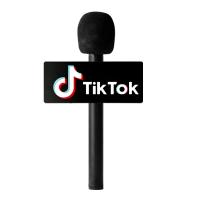
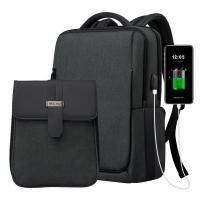
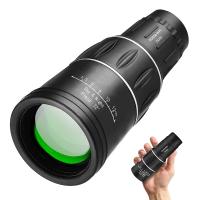



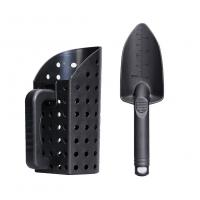
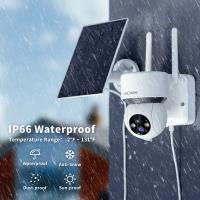
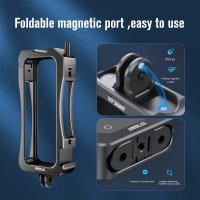
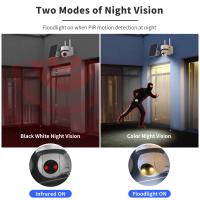
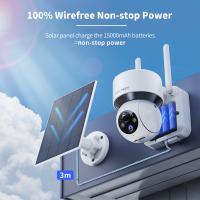
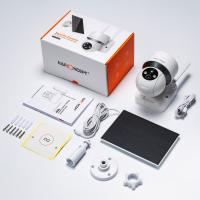
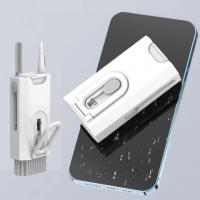


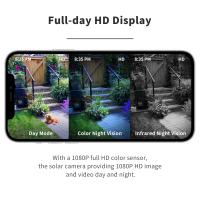
There are no comments for this blog.